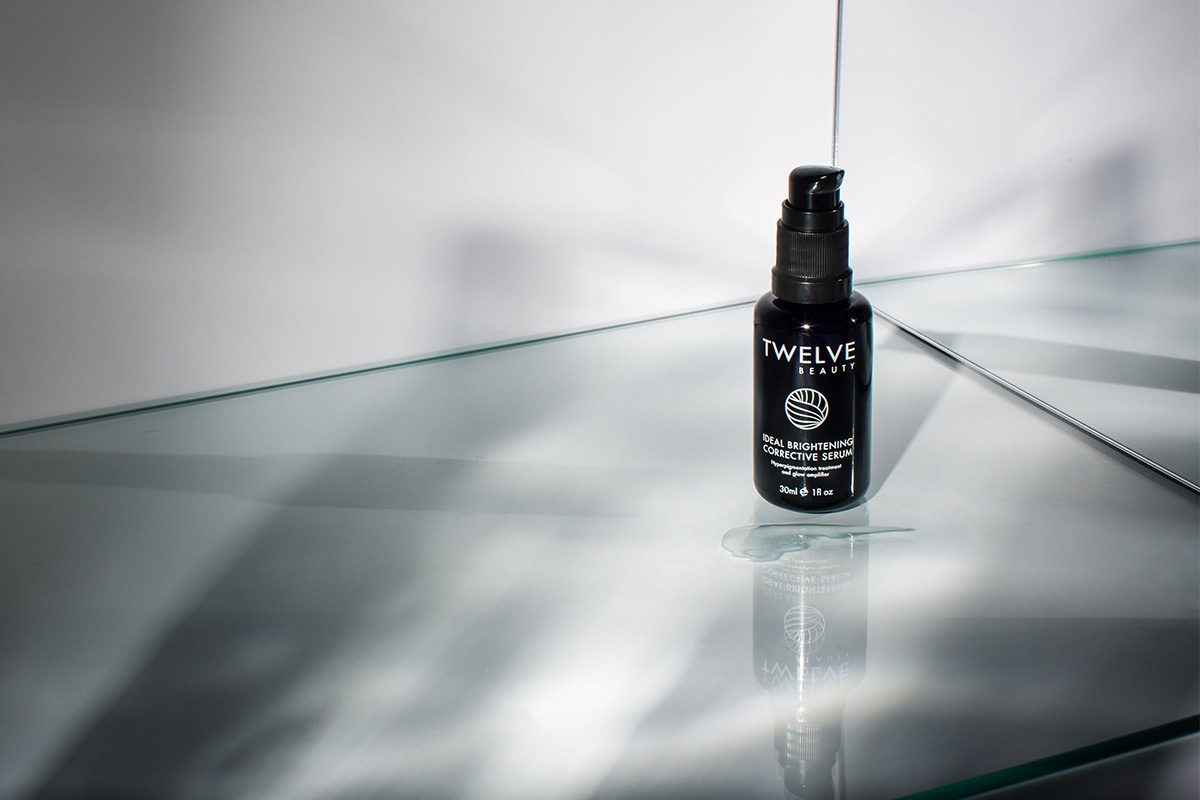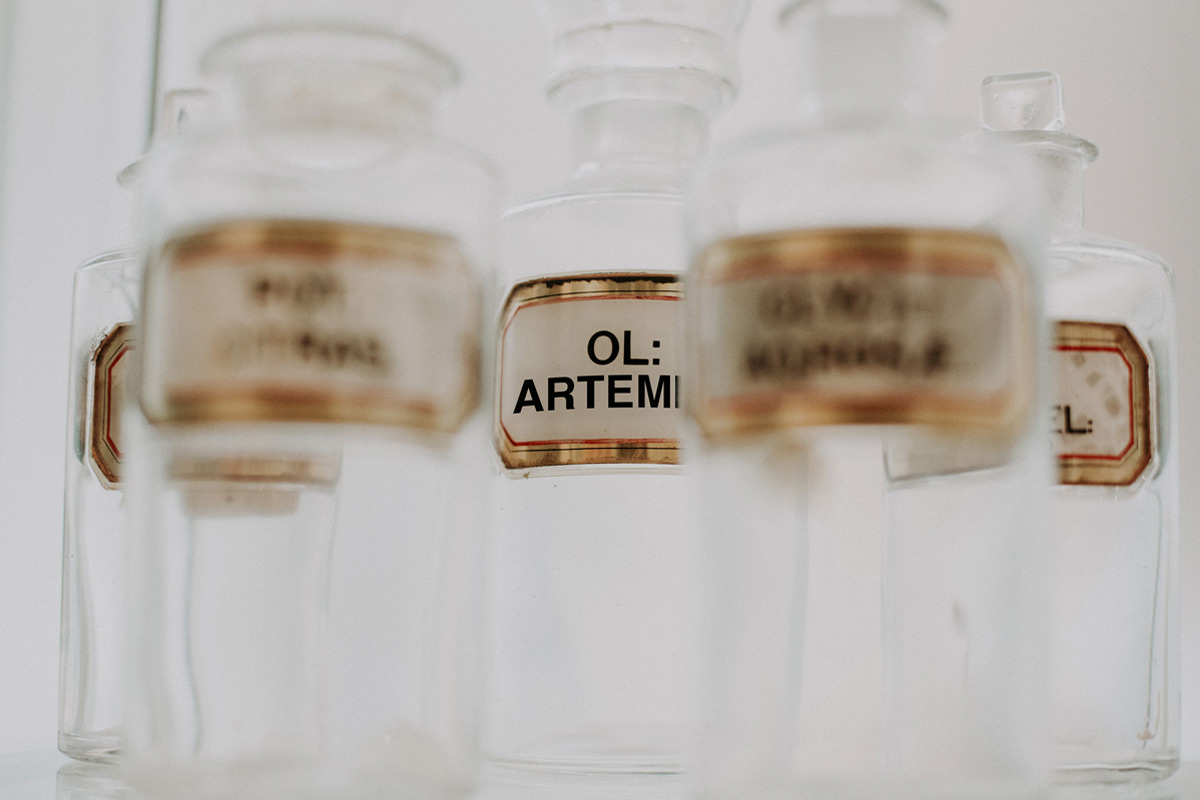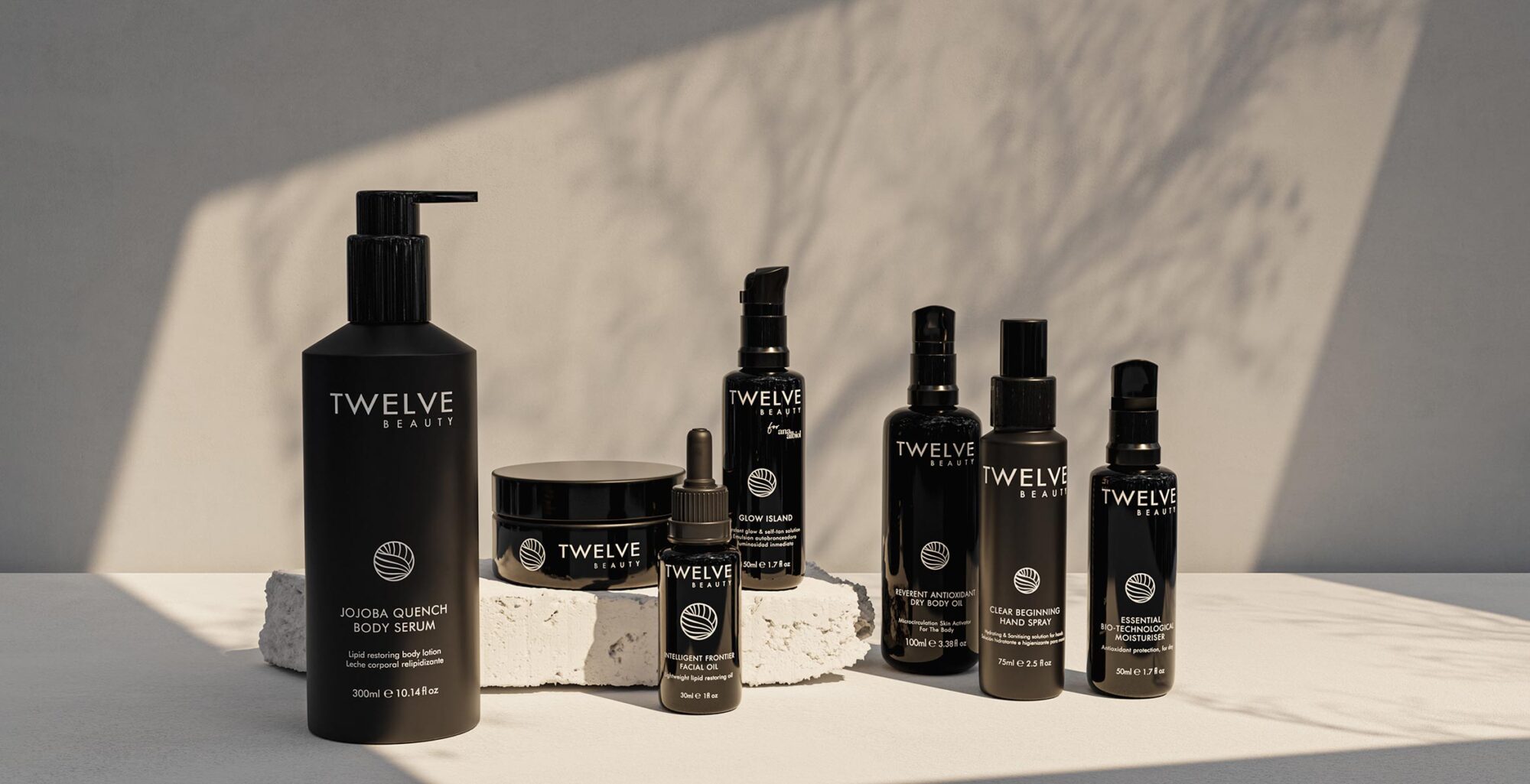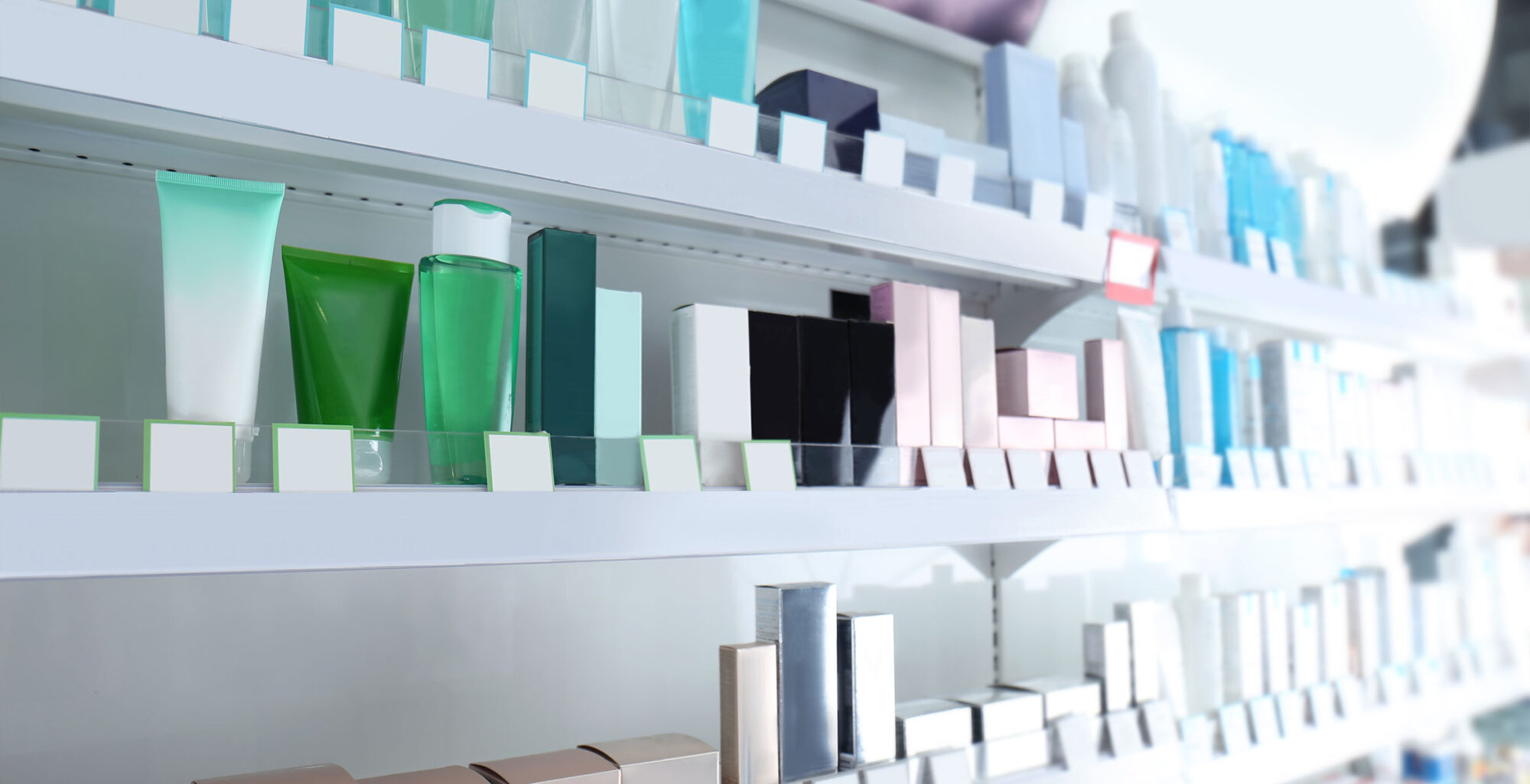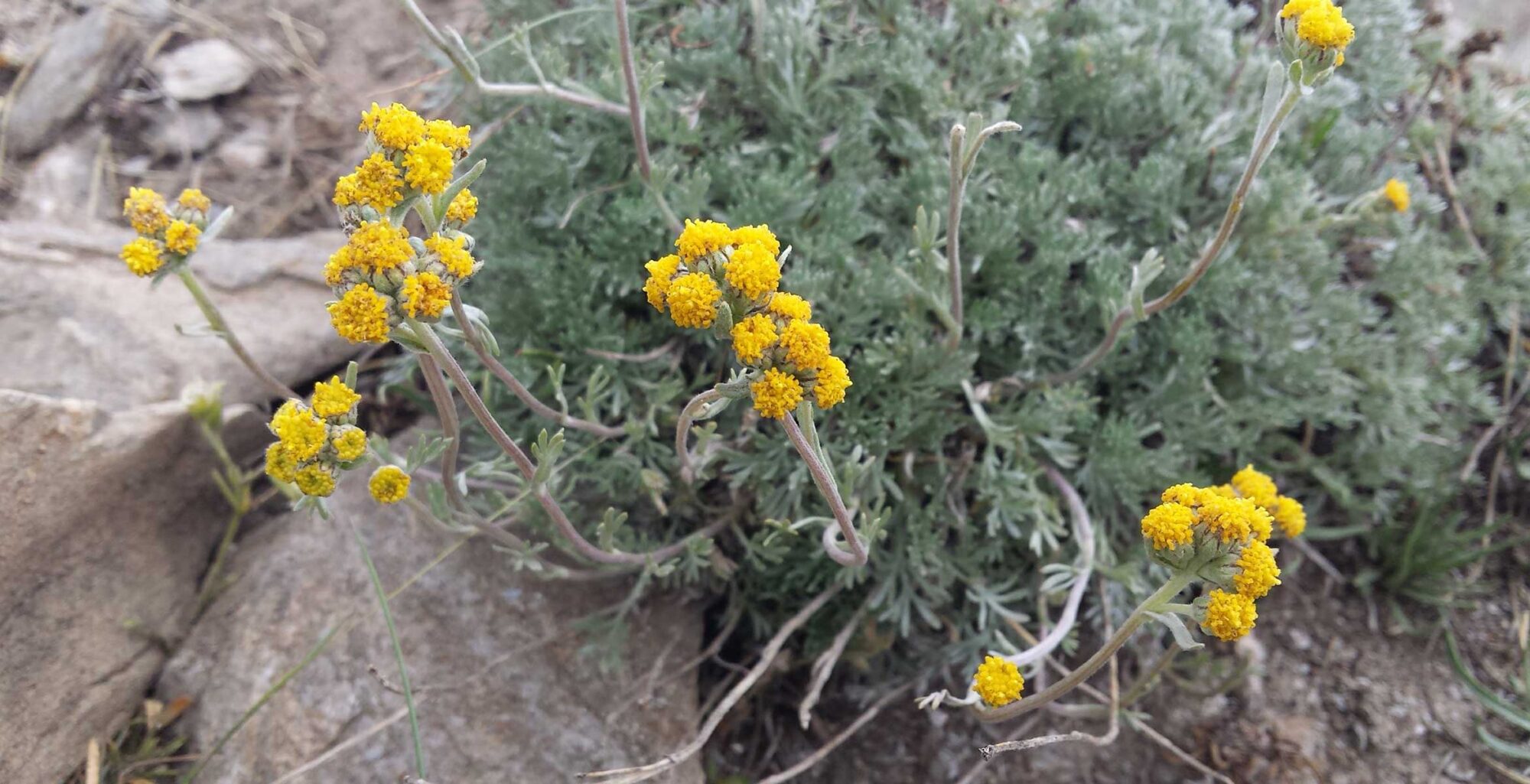Damaged Skin Barrier? Here’s How to Fix It and Get Healthy Skin Back

Our skin acts as a crucial defence against the outside world. However, it’s not an impenetrable shield. This complex ecosystem can become compromised, resulting in a damaged skin barrier and a host of related issues. We investigate the science behind a healthy skin barrier function, explore the causes of damage, and provide insights on how to repair and maintain this vital layer of protection.
What is the Skin Barrier?
The outermost layer of your skin, the stratum corneum (often referred to as the skin barrier), is a marvel of biological engineering. It resembles a tightly knit brick wall, with corneocytes (mature skin cells) acting as the bricks and lipids (fats) filling the gaps between them like mortar. These lipids, including triglycerides, ceramides and cholesterol, are necessary to maintain the skin barrier’s function.
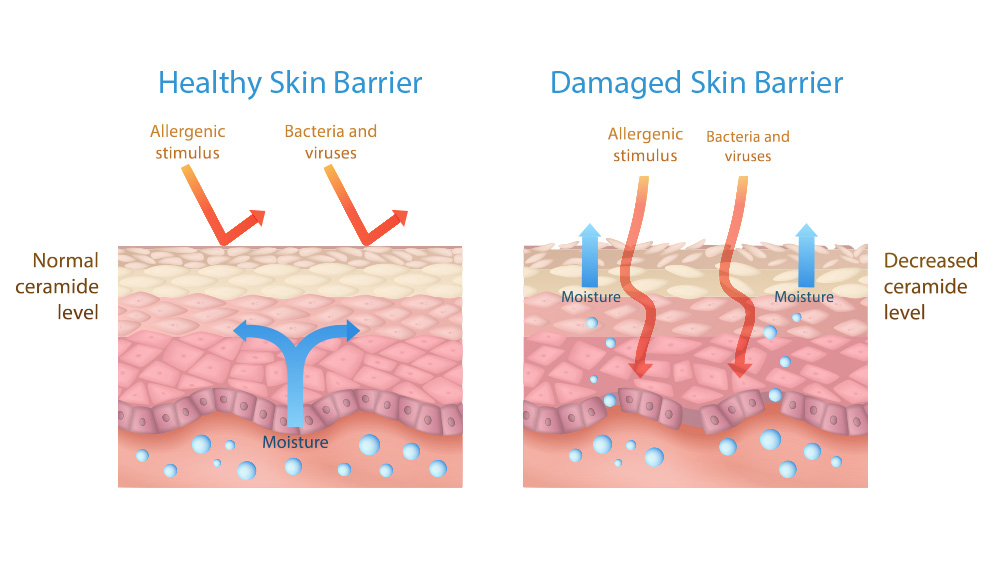
Healthy Skin Barrier Function: A Balancing Act
A healthy skin barrier performs several key tasks:
- Acts as a Shield: It protects the underlying skin from environmental aggressors like UV rays, pollution, and irritants.
- Maintains Hydration: It prevents excessive transepidermal water loss (TEWL), keeping your skin plump and hydrated.
- Provides Immunity: It acts as the first line of defence against bacteria and allergens. A weakened skin barrier can allow for colonisation by bacteria like Staphylococcus aureus, which can cause or worsen inflammation.
What Causes a Damaged Skin Barrier?
Several factors can contribute to a damaged skin barrier, leading to dryness, irritation, and increased sensitivity. Here are some of the most common culprits:
- Overuse of Active Ingredients: While exfoliating acids (AHAs, BHAs), retinoids, and other actives can be beneficial for various skin concerns, overusing them can disrupt the delicate balance of the skin barrier.
- Harsh Cleansers and Skincare Products: Products with high pH levels or harsh ingredients like some surfactants can strip away natural oils, weakening the barrier.
- Environmental Factors: Excessive sun exposure, pollution, and extreme weather conditions (hot or cold) can take their toll on the skin barrier.
- Underlying Medical Conditions: Certain skin conditions like atopic dermatitis (eczema) are associated with a compromised skin barrier due to filaggrin deficiency, a protein essential for barrier function. Diabetes is another illness that can affect skin barrier function.
- Lifestyle Habits: Frequent hot showers, smoking, and chronic stress can also contribute to a weakened skin barrier.
- Ageing: As we age, our skin naturally produces fewer key lipids, leading to a thinner and less effective barrier.
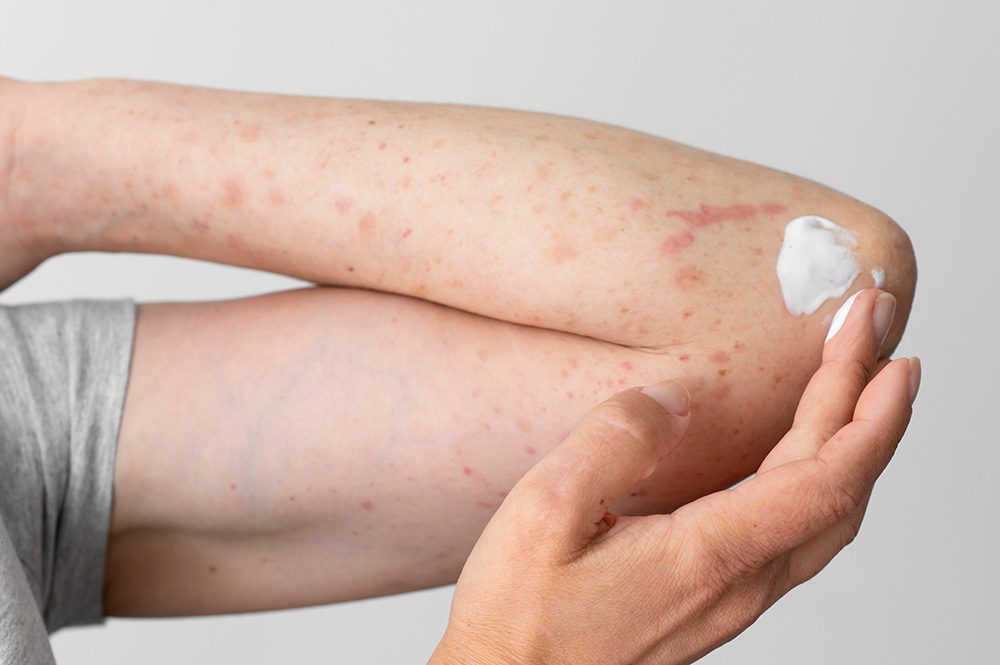
Signs and Symptoms of a Damaged Skin Barrier:
A compromised skin barrier often manifests in several ways:
- Dryness and Flaking
- Increased Sensitivity and Irritation
- Itchiness
- Burning or Stinging Sensation
- Rough Texture
- Increased Breakouts
- Worsening of Existing Skin Conditions
Does Shaving Damage the Skin Barrier?
While shaving can certainly impact the skin barrier, the extent of the damage depends on several factors:
- Potential for Disruption: The shaving process inherently involves friction and removal of the skin’s surface layer. This can disrupt the delicate balance of the barrier’s cells and lipids, especially if not done carefully.
- Severity Depends on Technique: Using a dull razor, shaving against the grain, or applying excessive pressure can exacerbate irritation and barrier disruption. Conversely, a gentle approach with a sharp razor, shaving with the grain, and using a lubricating pre-shave oil can minimise the impact.
- Individual Sensitivity: Some people have naturally more sensitive skin, making them more prone to irritation and barrier compromise from shaving.
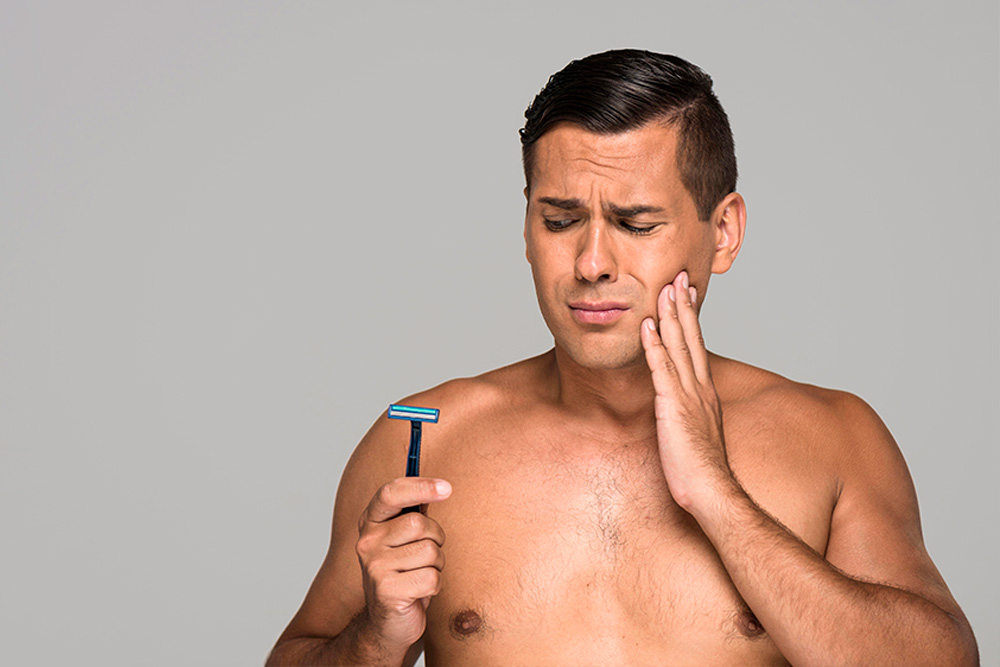
How Do I Fix My Skin Barrier?
Here are some key steps to promote healing and restore skin barrier function:
- Simplify Your Skincare Routine: Focus on gentle cleansers and soothing moisturisers. (Discover our sensitive skin-friendly cleanser range.)
- Hydration is Key: Use skin-kind products formulated with ingredients such as unsaponifiable oils and hyaluronic acid to help replenish moisture and strengthen the barrier.
- Lay Off the Exfoliation: Give your skin a break from harsh exfoliants and opt for gentle alternatives like The London Mask (twice a week) or Charcoal Peace Calming Cleanser (daily use) once your barrier recovers.
- Sun Protection is Essential: Daily use of an SPF 50 sunscreen is crucial to shield your skin from further damage.
- Lifestyle Tweaks: Manage stress, get enough sleep, and follow a balanced diet to ensure your body is getting the right nutrients.
How Long Does It Take for The Skin Barrier to Heal?
While the exact healing time depends on the severity of the damage, the skin barrier has a remarkable ability to repair itself. In mild cases, noticeable improvement can occur within a few weeks with a consistent, barrier-repairing routine. More significant damage may take several weeks or even months to recover fully. Remember, patience is key. By being gentle with your skin and focusing on barrier support, you can encourage its natural healing process.
The Science Behind Ceramides: Building Blocks of a Healthy Skin Barrier
As we mentioned earlier, ceramides are an essential component of the skin barrier. They make up roughly 50% of its lipid content. Acting like mortar, they hold the corneocyte “bricks” together and prevent moisture loss. As we age or due to other factors, ceramide production can decline, compromising the barrier’s integrity.
Fortunately, you can support your skin’s natural ceramide production by using skincare products formulated with ceramides or ingredients that stimulate their synthesis. This can help strengthen the barrier, improve hydration, and promote overall skin health. Also, the pH level of the products you use plays an important role. Those formulated at the same pH as the skin (approximately pH 5) have been proven to boost the body’s natural ceramide production.
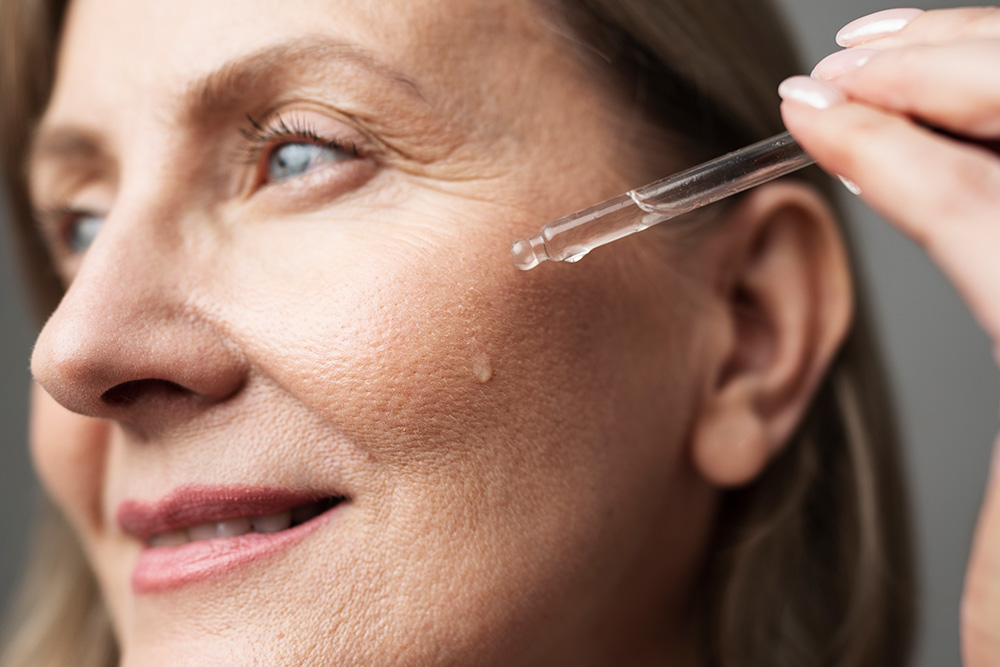
Addressing Different Skin Barrier Issues
While a simplified routine with gentle cleansers and hydrating moisturisers forms the foundation of damaged skin barrier repair, there are additional steps you can consider to accelerate the healing process and address specific concerns.
- Dryness and Dehydration: Look for humectants like hyaluronic acid, saccharide isomerate and panthenol to attract and retain moisture. These 3 moisture magnets can be found in Ideal Moisture Level Serum.
- Inflammation and Sensitivity: Soothing ingredients like mallow flower extract and niacinamide can help calm irritation and reduce redness. Check out Ultra Revitalising Elixir, a firm fan-favourite for calming and enhancing skin barrier function.
- Compromised Microbiome: Prebiotics and probiotics are gaining traction in skincare for their potential to support a healthy skin microbiome, which can indirectly contribute to a stronger barrier function. Epilobium fleischeri extract, a rare alpine willowherb, is known for its ability to support a healthy skin microbiome. Studies suggest it reduces inflammation by promoting “good” bacteria and inhibiting “bad” bacteria, ultimately contributing to a stronger barrier function. Find epliobium extract in Ideal Rebalancing Level Serum.
- Facial Oils: Plant-based facial oils rich in ceramides, fatty acids, and antioxidants can provide a nourishing layer to support the barrier’s function. We love Intelligent Frontier Facial Oil. Thanks to its powerful mix of sunflower, wheat germ, soybean and olive unsaponifiable oils, this lightweight oil regenerates damaged skin barrier function.
- Moisturise Dry Body Skin: For dry skin concerns on the body, consider a product formulated with ceramides and nourishing oils. Rewarding Body Balm, for example, contains 12 hero ingredients, including jojoba and plant-based butters, to replenish moisture, soothe irritation, and support a healthy skin barrier.
Tips for Maintaining a Healthy Skin Barrier Long-Term
By incorporating these tips into your routine, you can keep your skin healthier for longer and reap the benefits of a radiant, resilient complexion:
- Consistency is Key: Follow a gentle skincare routine and stick to it.
- Listen to Your Skin: Pay attention to how your skin reacts to products, environments and seasons, and adjust your routine accordingly.
- Patch Testing: Before introducing any new product into your routine, even if it seems gentle, perform a patch test on a small area of your inner forearm. This helps identify potential irritants.
- Less is More: With the amount of “advice” available on social media, it can be tempting to experiment with a variety of skincare products and complex routines, but for a healthy skin barrier, we recommend a minimalist approach. Stick to a core routine of a gentle cleanser, hydrating serum, soothing moisturiser/sunscreen, and avoid overloading your skin with unnecessary products.
- Healthy Sleep (Aim for 7-8 hours a night): During the day, your skin tackles environmental aggressors. At night, it enters repair mode, working to counteract damage and boost cell turnover. Studies suggest peak repair occurs between 11 pm and 4 am, highlighting the importance of quality sleep for healthy skin.
A Final Word…
Understanding the science behind the skin barrier empowers you to make informed choices for your skincare routine. By implementing a gentle, barrier-supportive routine, incorporating targeted ingredients for specific concerns, and adopting healthy lifestyle habits, you can promote a healthy skin barrier and achieve healthy, resilient skin. Remember, consistency and a holistic approach are key to achieving and maintaining long-term skin health.
If you suspect a damaged skin barrier and need personalised advice, feel free to reach out to our team. We can help you create a tailored skincare plan to address your specific needs and get your skin back on track to a healthy glow.



